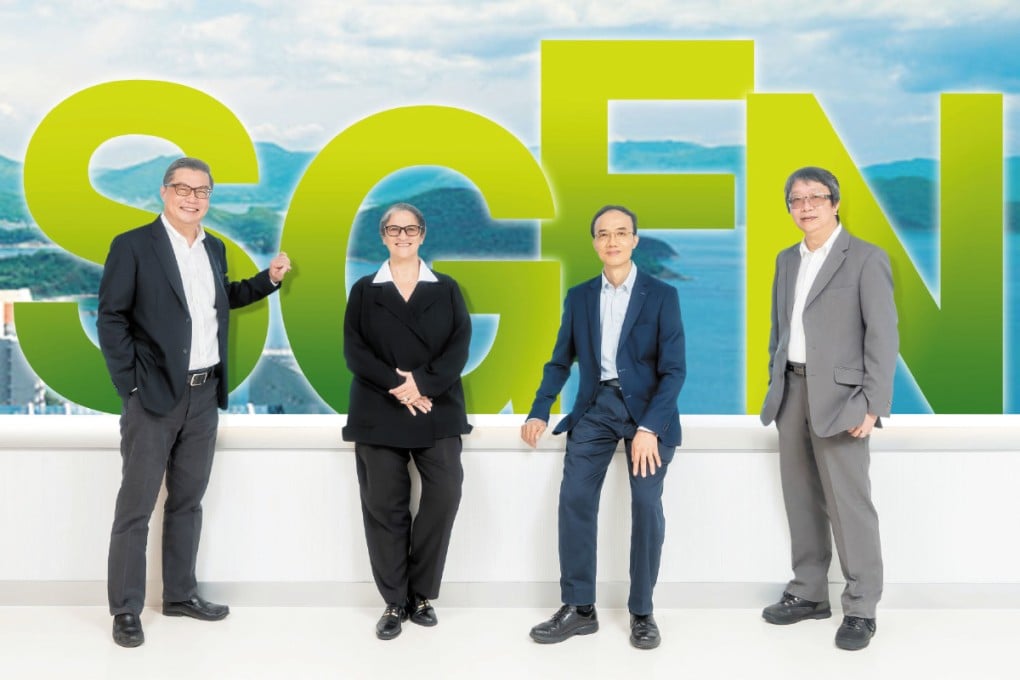The First BSc in Sustainable & Green Finance in Hong Kong
This new programme bridges the talent gap in this emerging field and is perfectly positioned to bring exceptional talent for a sustainable future.

[Sponsored Article]
As climate change continues to take center stage, profit alone can no longer underpin business activities. In fact, there is already an expectation that businesses will be geared towards sustainability and will join the fight against climate change. With this in mind, sustainable and green finance is now a fast-emerging field, and there is a corresponding and strong demand for professionals who have an understanding of green development.
HKUST has launched the first Bachelor of Science in Sustainable and Green Finance (SGFN) Program in Hong Kong. The aim of the Program is to foster talent to support green and sustainable development, and to support the Hong Kong Government’s objectives to turn the city into a leading green and sustainable finance center.
Green finance plays a huge role in protecting the environment, and the transition from brown-to-green requires the mobilization of large amounts of funding from the public and private sectors.
“We can see that many countries have started to undertake climate-resilient development pathways and aim to achieve carbon neutrality, something which requires a considerable investment,” explains Professor Jimmy FUNG Chi-hung, SGFN Program Co-Director, and an accomplished scholar in meteorology and air pollution. “Green finance activities will definitely help to mobilize resources across different sectors and support environmental protection.”
Investing to Meet Asia’s SDGs
Professor Veronique J. A. LAFON-VINAIS, SGFN Program Co-Director, and a seasoned financial market professional, says that Asia is significantly exposed to the impact of climate change. According to the Asian Development Bank, mitigation and adaptation efforts will require at least US$26 trillion dollars of investment. The United Nations estimated that Asia may have to invest US$3 to 5 trillion annually to meet its sustainable development goals. “This is a massive financing requirement which can only come from a combination of public and private investments,” she says.